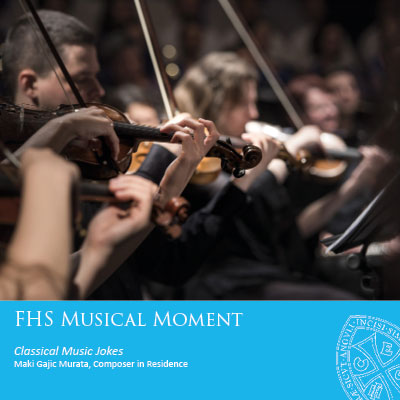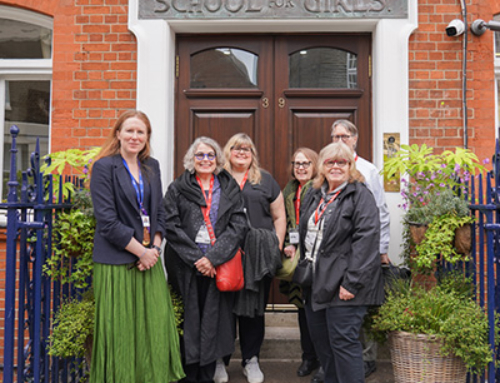Coffee Cantata
Composed probably between 1732 and 1735, the cantata is essentially a miniature comic opera that tells the story of a disgruntled father, Schlendrian, who argues with his caffeine-obsessed daughter, Lieschen, about what he perceives to be her bad habit of indulging in too much coffee. The opera consists mostly of a back-and-forth dialogue between these two characters; bewildered by Lieschen’s devotion to the drink, Schlendrian unsuccessfully tries to bribe his daughter into renouncing caffeine in favor of settling down with a husband while Lieschen evades his commandments with clever maneuvers and outright disobedience. The work lampoons both the wild popularity of coffee in 18th century Leipzig, as well as the mildly sanctimonious belief held by some of Leipzig society at the time that coffee drinking was a bad habit that needed to be broken. In the video below, you can skip to 4:09, where Lieschen sings a short aria with various exclamations of “Coffee!”
Cat Duet by Rossini
This hilarious ‘Duetto buffo di due gatti’ (‘Funny duet for two cats’) is said to be the work of Italian opera maestro Gioachino Rossini – a composer who loved his tunes, his pasta, and very possibly, his mischievous cats. But there’s no doubting the comical nature of the music – as the ‘meows’ slowly grow over solemn chords in the piano. And in true Rossini style, the meows grow in virtuosity. Just like they do on street roofs at 2am in the morning. Very impressively, these two choristers managed to stay (fairly) poker-faced throughout the video, even when the audience erupts into laughter at the strikingly authentic cat sounds on show.
Victor Borge
Victor Borge was a Danish-American comedian, conductor, and pianist. He immigrated to American during World War II and even though he didn’t speak English, he quickly adapted and learnt English through the TV. Borge’s musical comedy sketches never fail to make people laugh now over two decades after his death. Here’s a short clip of Borge with his straight man, Sahan Arzuni, performing Liszt’s Hungarian Rhapsody.
“Surprise” Symphony by Haydn
Haydn’s music contains many jokes, and the Surprise Symphony includes probably the most famous of all: a sudden fortissimo chord at the end of the otherwise piano opening theme in the variation-form second movement. The music then returns to its original quiet dynamic as if nothing has happened, and the ensuing variations do not repeat the joke.
Maki Gajic Murata, Composer-in-Residence














